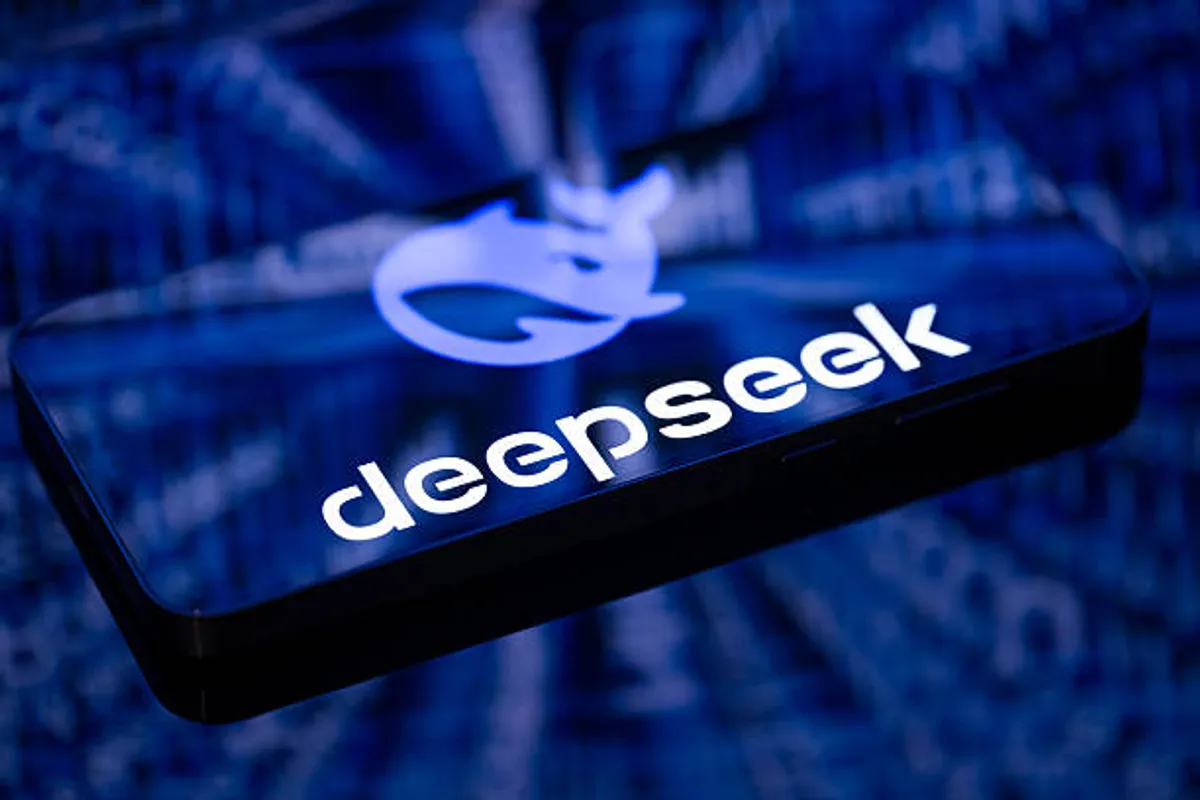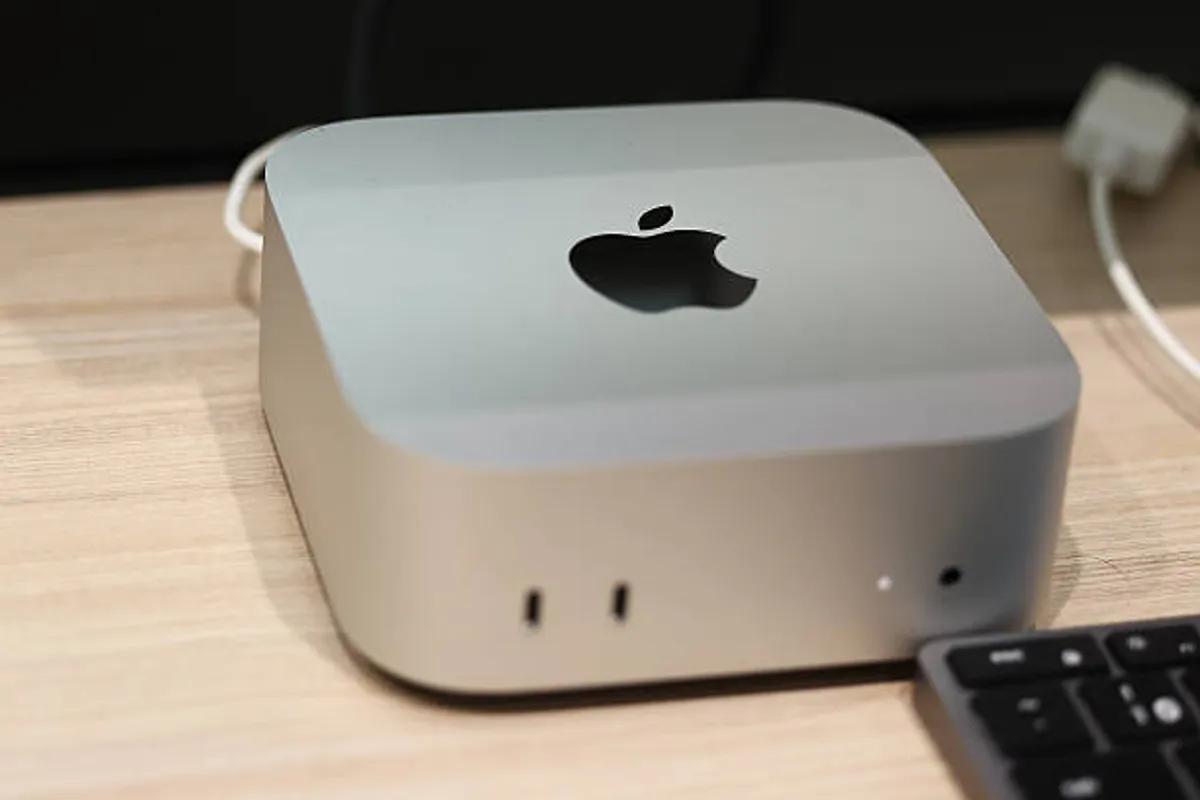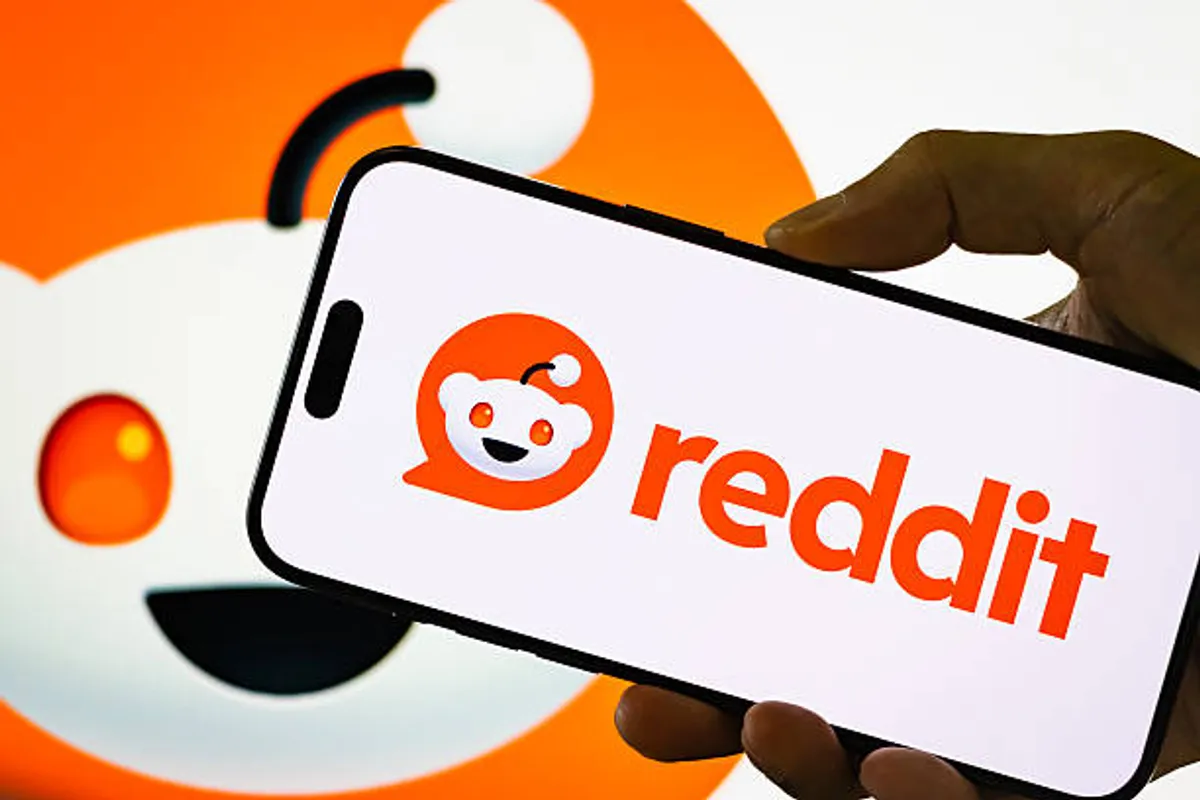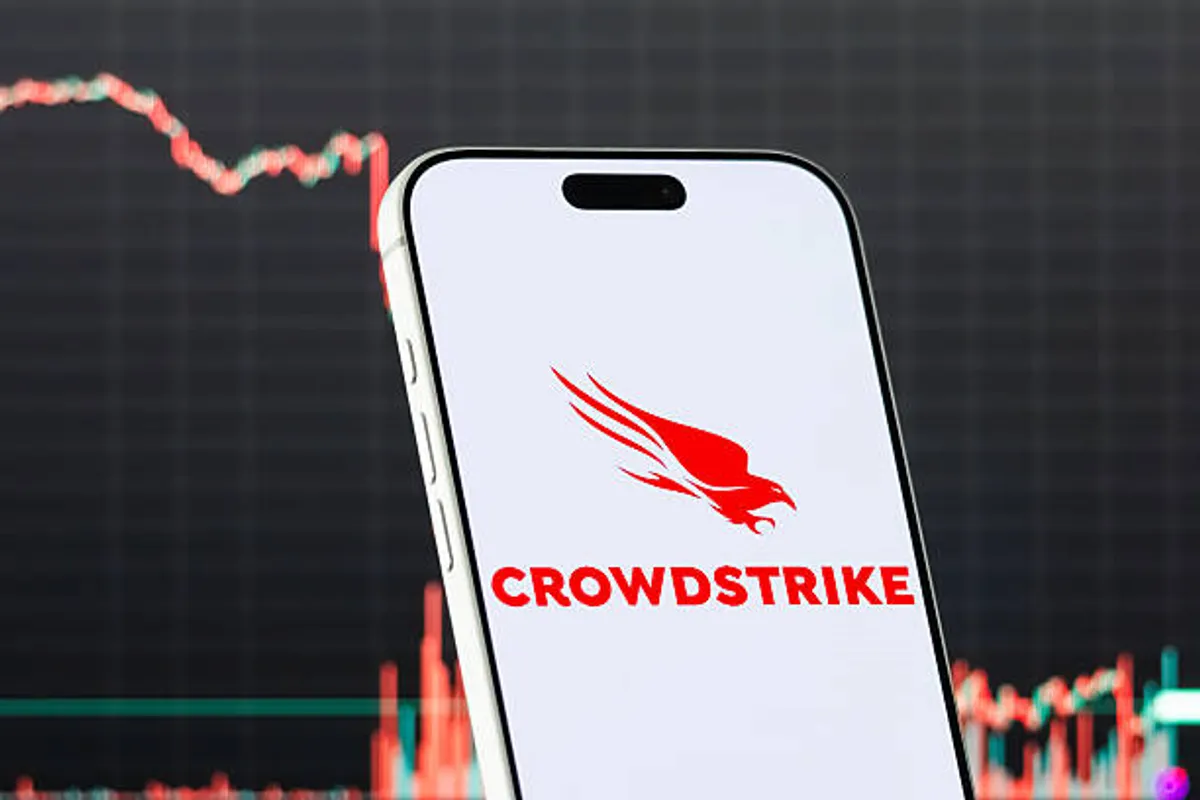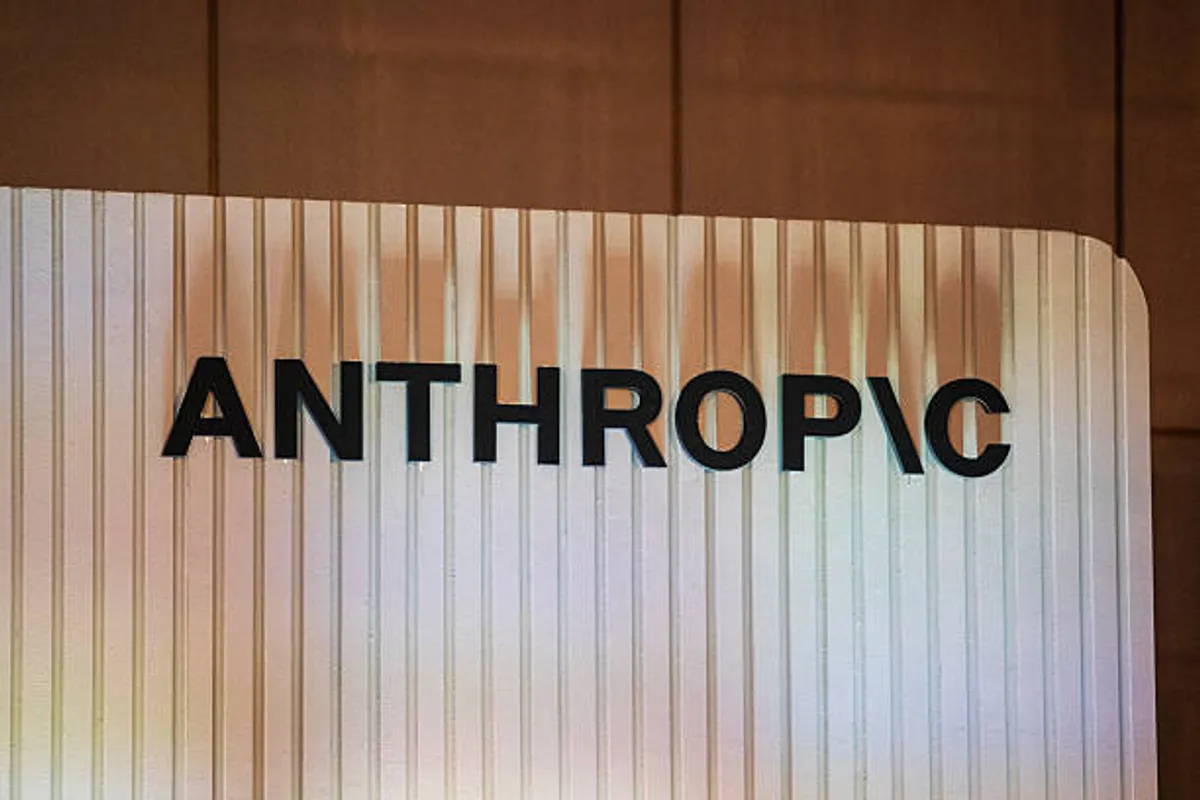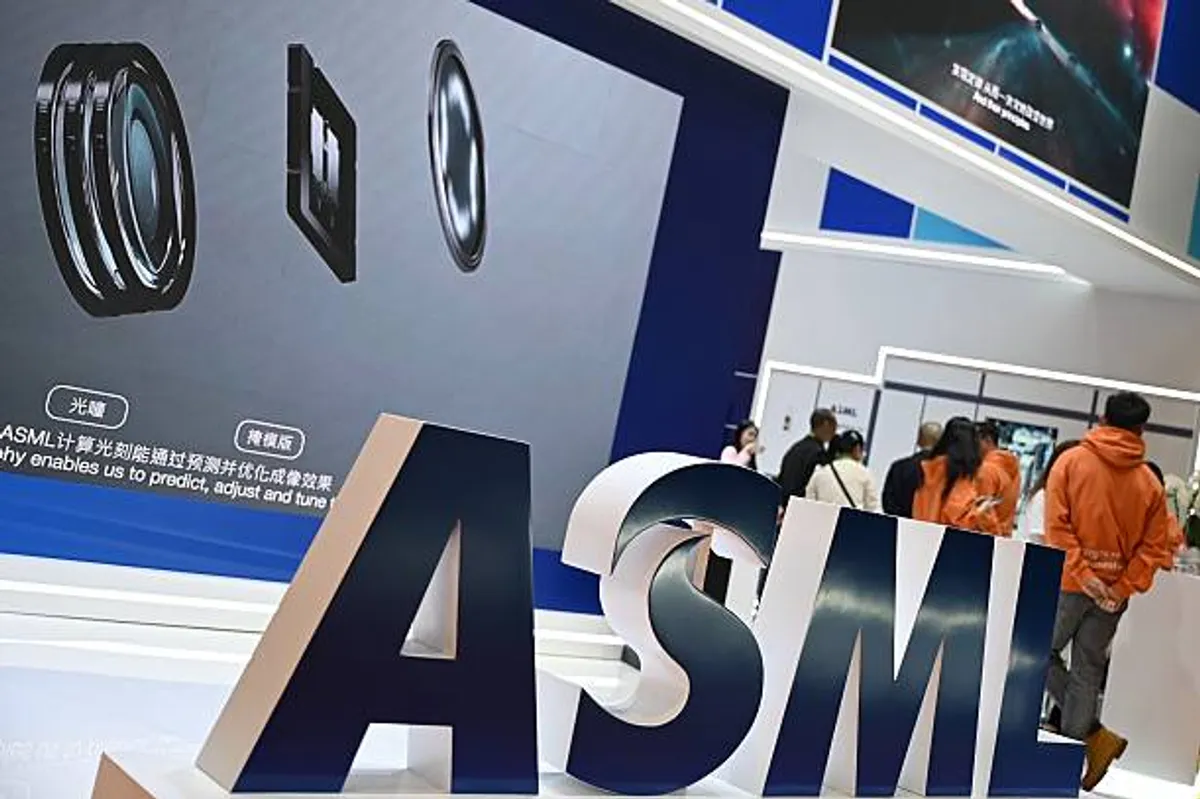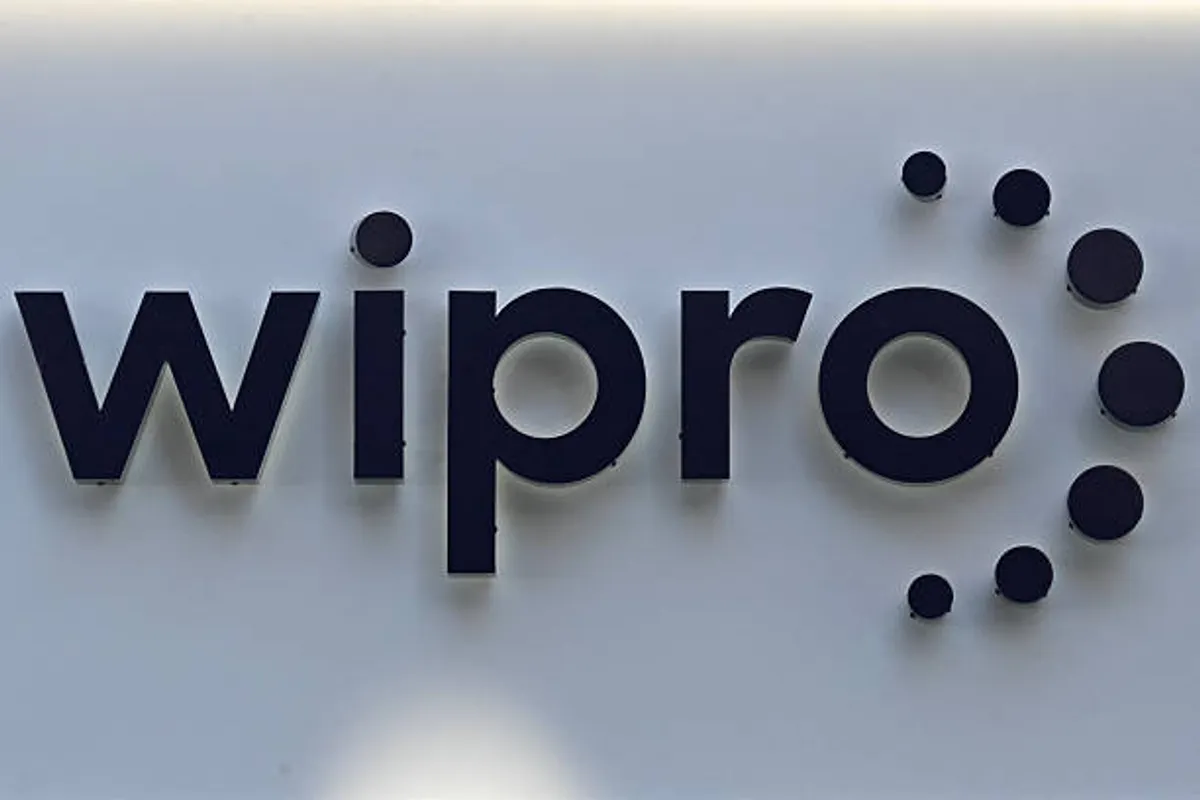Bill Gates Declares Smartphones Obsolete, Backs Electronic Tattoos as Future

GeokHub

Microsoft co-founder Bill Gates has declared the smartphone era is nearing its end, predicting that electronic tattoos—temporary, skin-applied devices with nanosensors—will replace them. This bold vision, shared in a recent interview, envisions a future where technology integrates directly with the body, raising both excitement and concern about privacy and ethics. This article explores Gates’ prediction, the technology behind electronic tattoos, and its implications, tailored for those curious about the next frontier in personal tech.
Gates’ Prediction: The End of Smartphones
Gates argues that smartphones, a cornerstone of modern life, will be obsolete within a decade, replaced by electronic tattoos developed by Chaotic Moon Studios, in which he has invested heavily. Originally designed for medical monitoring, these tattoos could handle communication, banking, and geolocation, embedding smartphone functions into the skin. Gates told The Verge, “In ten years, people will think it’s strange they carried a slab of glass to connect.” His vision aligns with other tech leaders like Elon Musk (Neuralink) and Mark Zuckerberg (AR glasses), but contrasts with Apple’s Tim Cook, who defends smartphones’ enduring role.
What Are Electronic Tattoos?
- Technology: Thin, flexible patches with conductive nanosensors, applied like temporary tattoos, capable of transmitting data wirelessly.
- Capabilities: Monitor health (heart rate, glucose), enable gesture-based device control, and support secure ID or payments.
- Benefits: Discreet, hands-free, and integrated, potentially revolutionizing healthcare and communication.
- Development: Chaotic Moon’s prototypes, backed by Gates, are advancing toward consumer use, with trials showing 95% accuracy in health monitoring.
Why It’s Controversial
- Privacy Risks: Continuous data transmission raises fears of surveillance, with concerns about hacking or corporate overreach.
- Ethical Concerns: Integration with the body blurs human-machine boundaries, sparking transhumanism debates.
- Accessibility: High costs could deepen digital divides, limiting access for lower-income groups.
Implications
- Tech Industry: A shift to tattoos could disrupt smartphone markets, challenging Apple and Samsung’s dominance.
- Society: Redefines interaction with technology, but risks dependency and data privacy issues.
- Healthcare: Offers real-time monitoring, potentially reducing heart attack risks by 20%, per 2024 studies.
Gates’ vision of electronic tattoos as smartphone replacements is a bold leap toward integrated tech, promising convenience but raising serious privacy and ethical questions. While the technology is promising, its adoption hinges on addressing these concerns. As smartphones face competition from tattoos, AR glasses, and brain interfaces, the tech world braces for a transformative shift.
